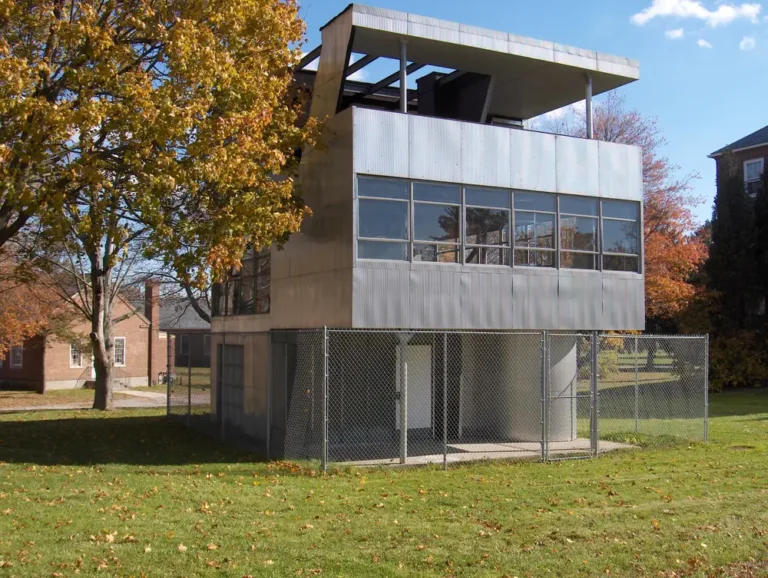Judge to San Jose church: Turkey bags of weed, piles of stashed cash not ‘sacrament’

Lawyer rails against church raid
A San Jose church lost a lengthy legal battle this week after claiming police violated its religious rights when they raided its minister’s home and seized 90 pounds of marijuana, nearly 1,200 cannabis vaping cartridges, and more than $155,000.
Judge Phyllis Hamilton ruled Tuesday in federal court in Oakland that the Sacrament Collective Pentecostal Church was still subject to state drug laws, despite its foundational belief in cannabis as a holy sacrament. Hamilton dismissed the church’s lawsuit against Santa Cruz County a month after the search of the minister’s home in the Santa Cruz Mountains in 2019.
Authorities say the raid uncovered weed in the large plastic “turkey bags” used to bake the birds, as well as vaping cartridges, vaping pen parts, 115 cannabis plants growing in a detached garage, a money-counting machine, and cash stashed in a laundry hamper, dresser, and a beer box in a hallway closet.
In the lawsuit, the church’s lawyer claimed that Santa Cruz County violated its constitutional right to freely practice religion by arresting minister Corinna Reyes and her husband Davide Berti and seizing drugs, paraphernalia, and money at their home on the outskirts of Scotts Valley.
In a phone interview Friday, lawyer Matthew Pappas blasted the sheriff’s office raid and the judge’s decision. “We’re living in a country that doesn’t follow the Constitution and respect the people who are attempting to practice their religion,” he said.
The money seized by police was not drug money, but rather the fruits of tithing, according to Pappas. He compared the church’s tithe collection and administration of sacramental marijuana to Catholicism’s holy practices. He observed that Catholics “put their money in the basket and they get their wine.”
The judge stated in her written ruling that Santa Cruz County had not prohibited the church from “using or possessing cannabis, in lawful quantities, as a sacrament.” She claimed that the church had incorrectly argued “that because it is a church rather than a secular organization, it should simply be exempt from all cannabis regulation.” State laws “limit the church’s commercial cannabis activity while permitting its members’ sacramental use,” according to Hamilton.
Berti and Reyes were convicted of misdemeanor marijuana possession, as well as illegally cultivating marijuana and possessing it for sale, according to the judge. The results of those charges were unclear.
In a separate legal case, the city of San Jose sued Reyes, Berti, and their church in 2020, alleging that the pair were operating their ostensibly religious house of worship near downtown San Jose as an illegal marijuana shop. In a court filing, the couple claimed that the “fragrant cane” God instructed Moses to use in the Book of Exodus was cannabis oil.
Berti and Reyes denied engaging in “commercial cannabis activity” and stated in the filing that because the church’s “central sacrament” was marijuana, “the church has and does take in quid pro quo contributions from members for cannabis sacrament.” According to the filing, the contributions were “central to the church’s operation” and were used to fund “charitable and religious work” by the church and its members.
According to a court filing, a Santa Clara County Superior Court judge issued an injunction in mid-2020 prohibiting Reyes and Berti from using the property as a marijuana business. The court found Reyes in contempt of court in December of last year for violating the injunction and fined her $1,000 and the church $10,000.
According to Pappas, the San Jose church has since closed.
“The church was doing good things,” said Pappas. “It had its functions and ceremonies.” It wasn’t flawless.”






